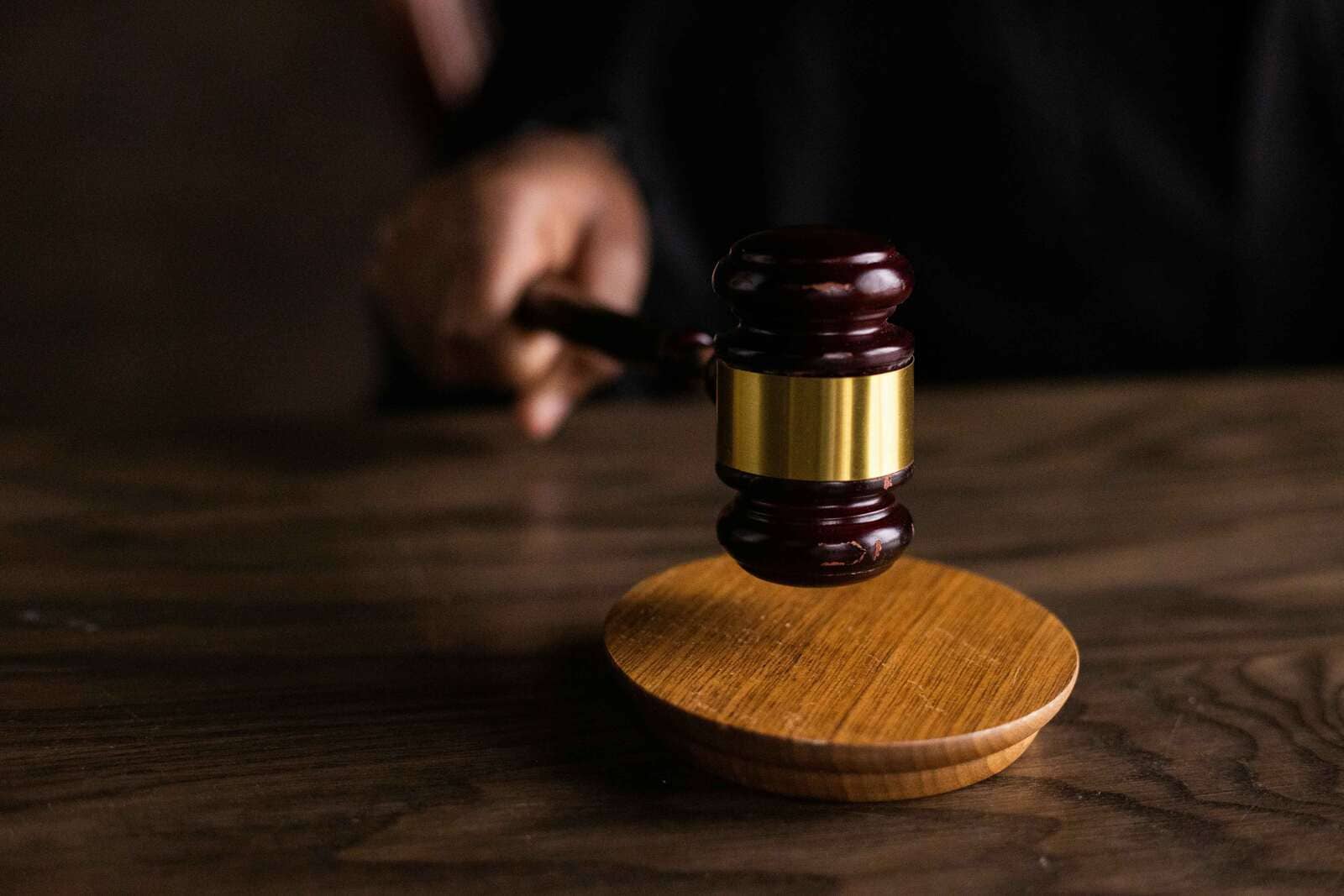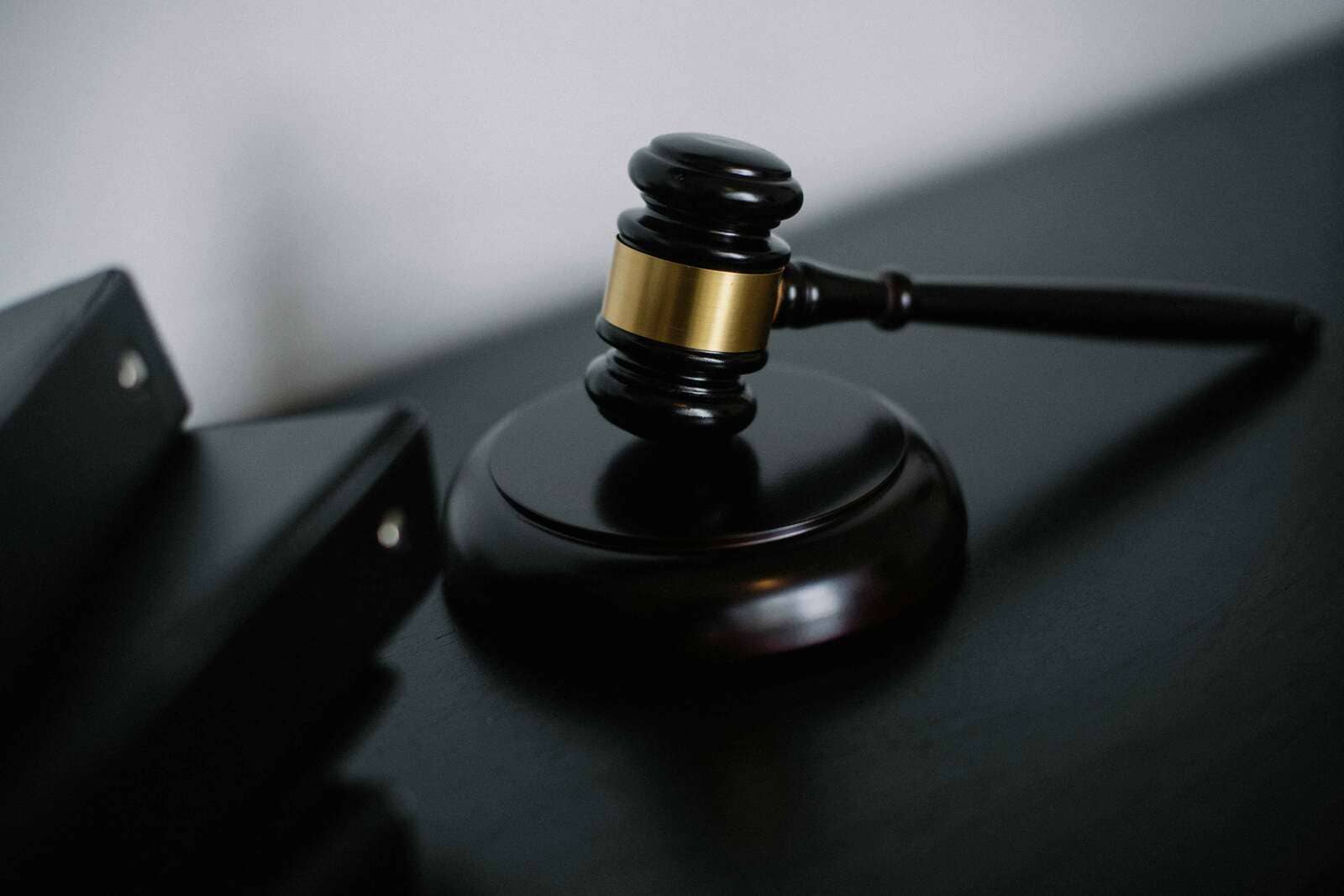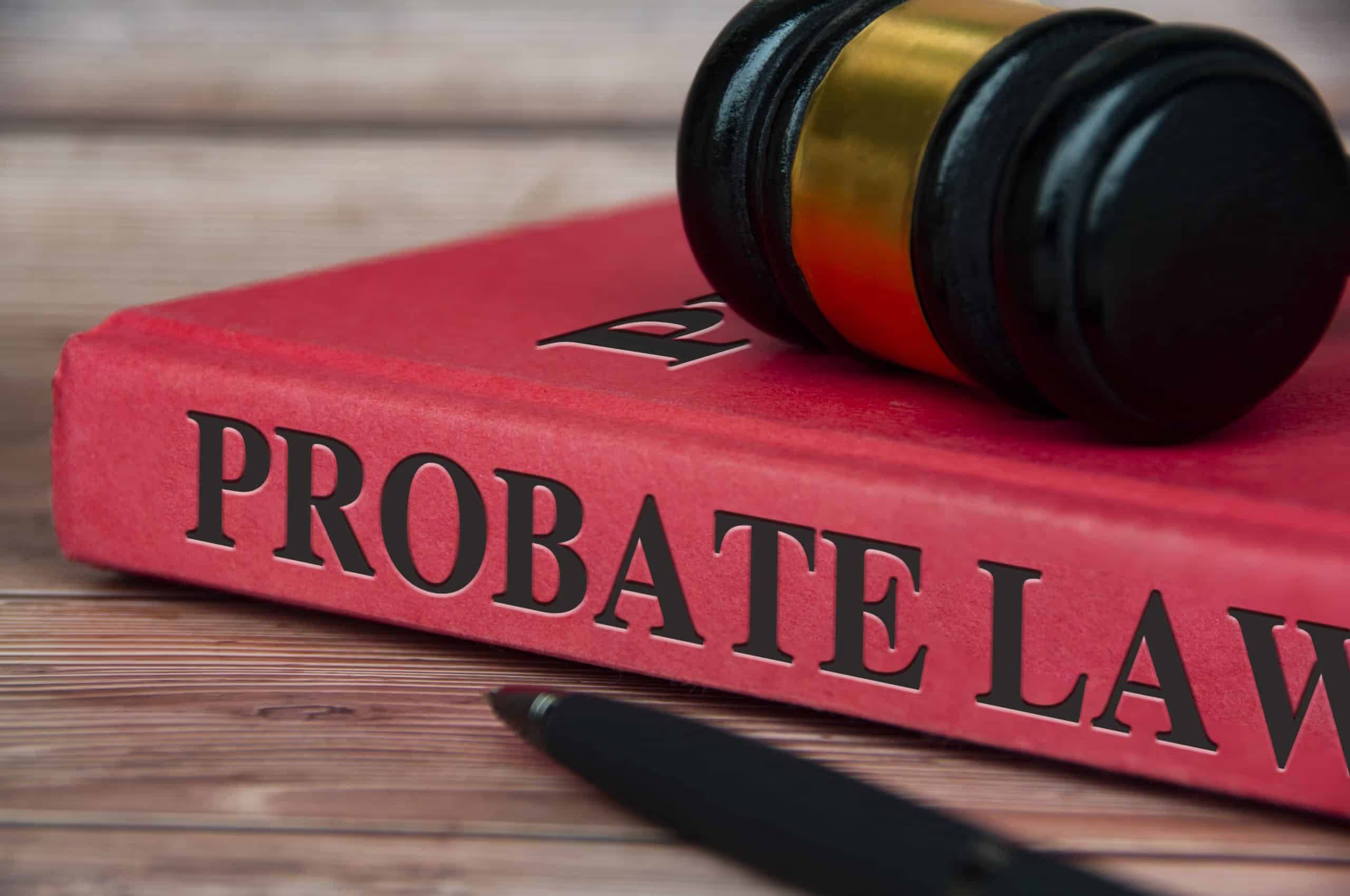When a will is contested in probate court, the legal process shifts from routine estate administration to a formal dispute resolution. The court must decide whether the will is valid, needs modification, or should be set aside entirely. This process can delay distributions, increase costs, and significantly impact how assets are ultimately distributed.
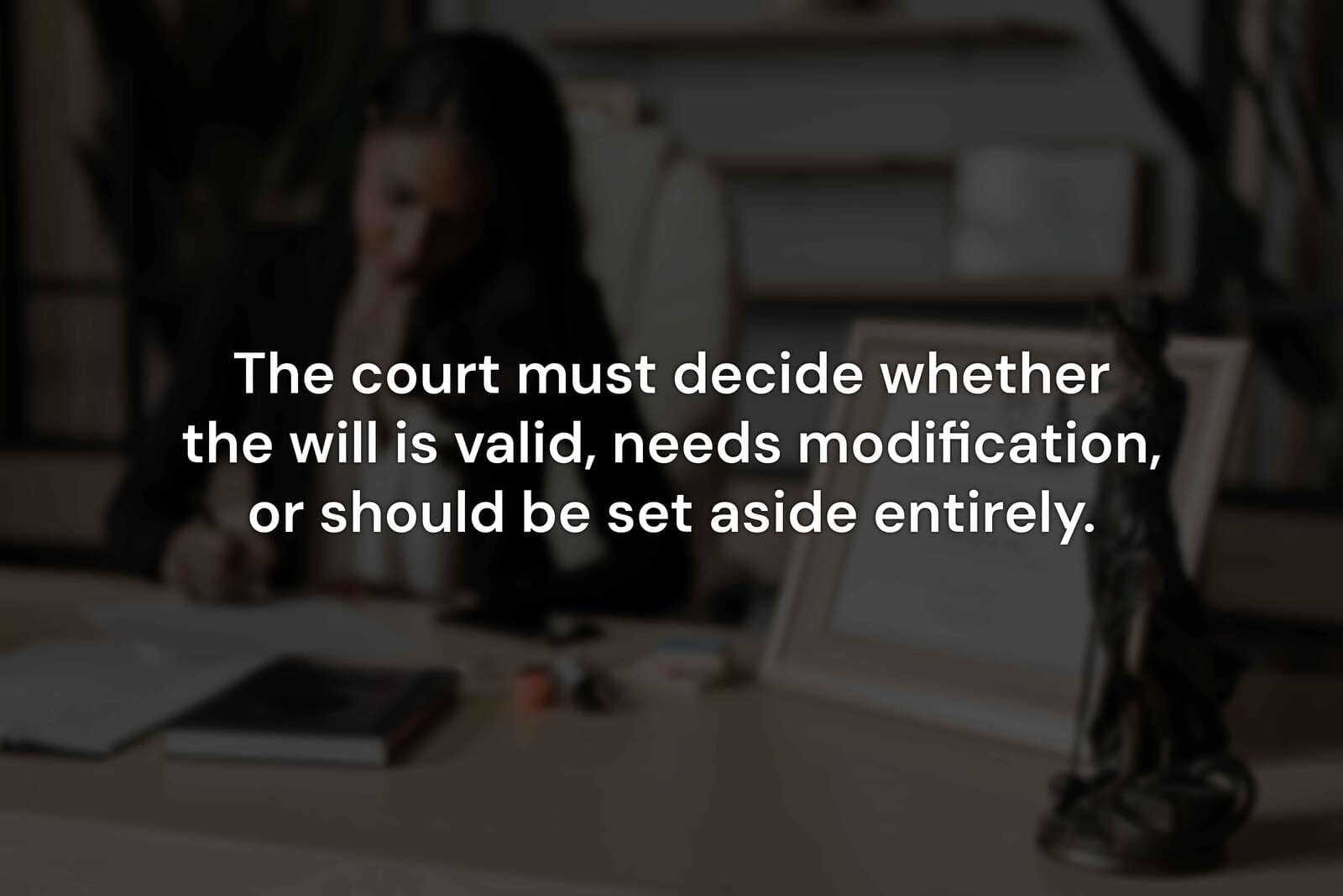
Step 1: Filing the Contest
A will contest begins when an interested party—usually a beneficiary, heir, or creditor—files a formal objection with the probate court. The objection must state the specific legal grounds for challenging the will, such as undue influence, lack of capacity, fraud, or improper execution.
The court will then notify all parties with an interest in the estate that a contest has been filed.
Step 2: Temporary Pause on Asset Distribution
Once a will contest is filed, the court typically halts any further distribution of estate assets until the dispute is resolved. This prevents assets from being transferred before the court determines the will’s validity.
Step 3: Discovery Phase
During discovery, both sides gather and exchange evidence. This may include:
- Medical records of the testator to assess capacity
- Witness testimony regarding the signing of the will
- Handwriting analysis to verify authenticity
- Financial records to reveal potential undue influence or fraud
- Depositions of key individuals, such as the executor or attorney who drafted the will

Step 4: Pretrial Hearings and Mediation
Many probate courts encourage mediation before trial. Mediation can lead to a negotiated settlement that avoids the cost and uncertainty of a full trial. If mediation fails, the case proceeds to court hearings.
Step 5: Probate Court Trial
At trial, each side presents evidence and calls witnesses. The judge—or in rare cases, a jury—evaluates:
- Whether the will meets all state legal requirements
- The credibility of witnesses and reliability of documents
- The weight of evidence supporting or refuting the challenge
- The standard of proof is typically higher for the challenger because the will is presumed valid once admitted to probate.
Step 6: Court Decision
The court can:
- Uphold the will as written
- Invalidate specific provisions while leaving the rest intact
- Void the entire will, which may result in an earlier will being reinstated or the estate being distributed under intestacy laws
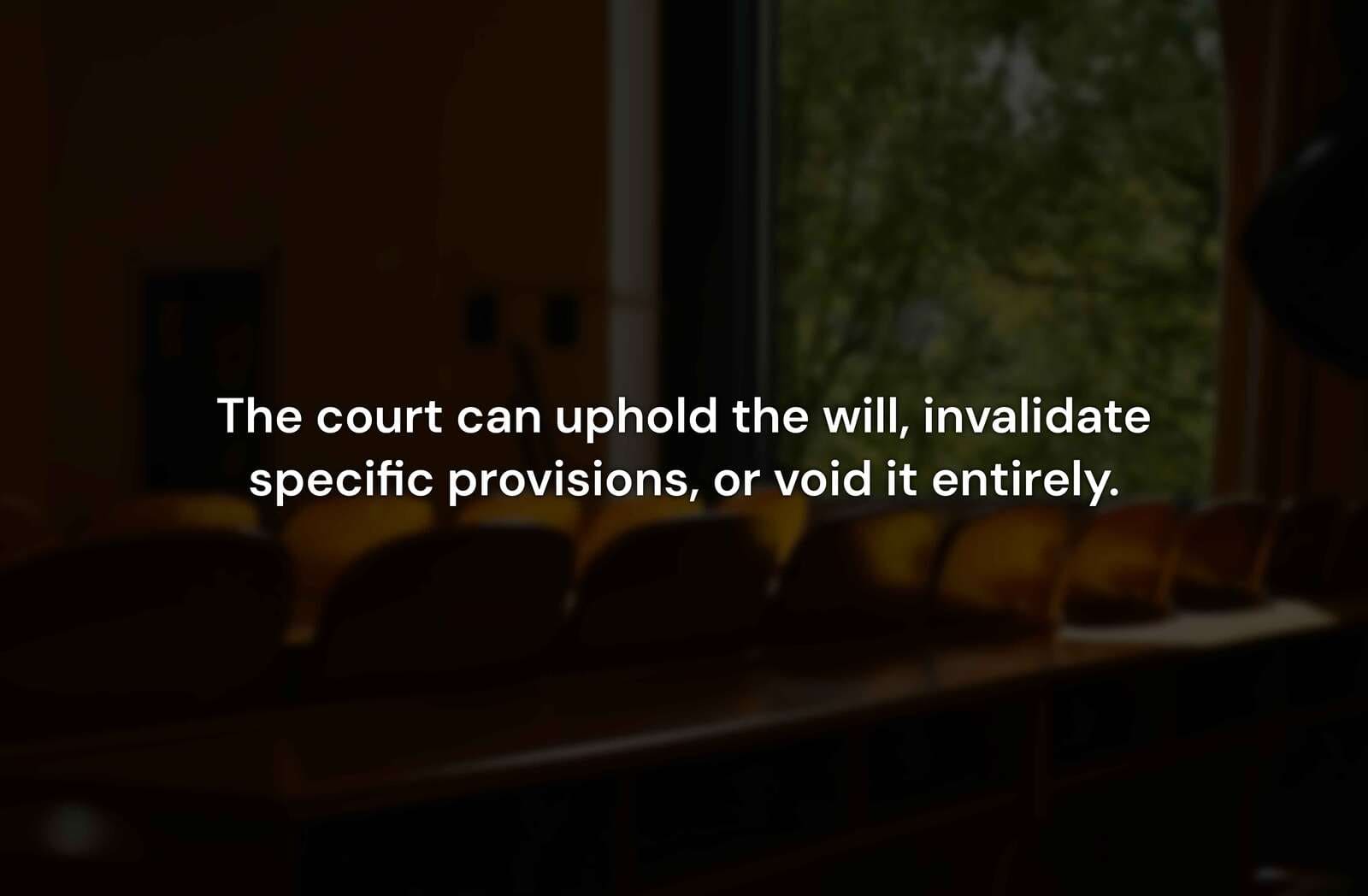
Step 7: Appeal Rights
If a party disagrees with the court’s decision, they may appeal to a higher court within the state’s deadline. Appeals can add months or years to the overall timeline.
Financial and Emotional Costs
Will contests often increase legal fees for both sides, which may be paid from the estate if allowed by the court. The process can also strain family relationships and delay closure for beneficiaries.
Role of a Probate Attorney in Will Contests
An experienced probate attorney can assess the strength of a case, gather persuasive evidence, and navigate complex court procedures. They can also advise on settlement opportunities to resolve disputes more quickly and cost-effectively.
Related Topics on Probate Disputes
Can a Beneficiary See the Will Before Probate?
Beneficiaries often have access before probate if the executor cooperates, but after filing, the will is public record.
What Rights Do Beneficiaries Have During Probate?
These rights include access to information, fair treatment, and timely distribution of assets.
Can a Beneficiary Stop the Sale of a Property?
They may be able to if the sale conflicts with the will or harms the estate’s value.
Can You Contest a Will After Probate is Granted?
Yes, but strict deadlines and evidentiary standards apply, making prompt legal action essential.

















